10 Networking Vendor Alliances To Keep An Eye On

Consolidation and evolution are two major forces sweeping the networking and infrastructure spaces right now, creating new competitors, boosting hot markets and generally raising eyebrows in the channel. The last several months have brought some interesting vendor alliances to light. Here are 10 that bear watching, whether because of hot markets like UC and data center convergence, or for their bearing on the channel.
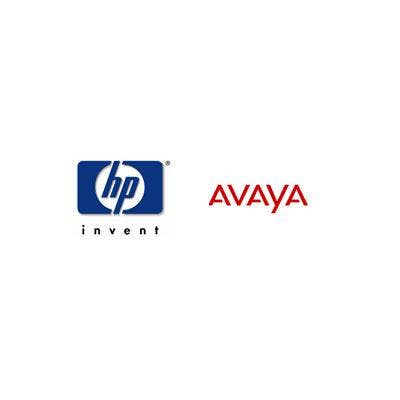
HP and Avaya were already tightly aligned, but in June, the companies signed a new three-year agreement through which HP Services will sell Avaya's full unified communications and contact center portfolios, and the companies will collaborate on solution sets specific to the health care, life sciences and financial services markets.
Again, nothing too shocking; Avaya's virtualized UC platform was certified for interoperability with HP Networking products before, and HP has been a platinum or gold Avaya partner in several countries for some years. But given the bolstering of Avaya through its acquisition of Nortel's enterprise unit, the offensive position taken up by HP and its acquisition of 3Com, and the fact that the two vendors have a common enemy that starts with a "C" makes this one a definite "hmm."
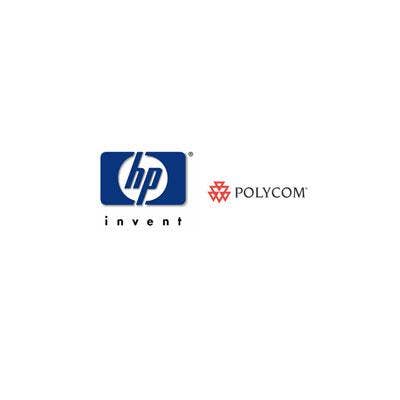
Speaking of tightening ties between vendors with a common enemy in Cisco, HP and Polycom got closer this past spring, adding more Polycom products to HP's services sales portfolio. In an interview with CRN in March, HP denied previous reports that it had cut ties with Tandberg for video product sales, but it's hard to imagine HP's business with Tandberg doing anything but fading away now that Tandberg is a primo property of Cisco. With Polycom being Tandberg's arch-nemesis in the video space, expect HP and Polycom to get even more buddy-buddy, especially as Polycom continues to be the subject of much acquisition speculation.
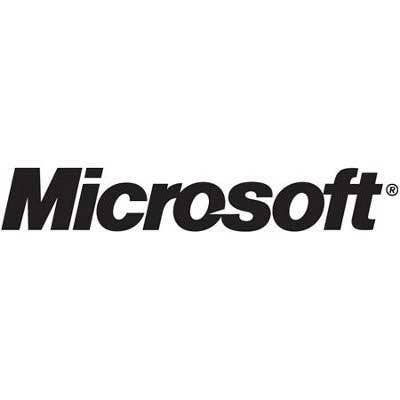
Polycom likes its partnerships, and earlier this month, dramatically expanded an existing UC relationship with Microsoft, which many observers see as the most disruptive of all the nascent UC players. Specifically, Polycom and Microsoft will now partner on product development and marketing around Polycom end points and Microsoft's new UC baby, Communications Server 14, with a goal of jointly offering end-to-end communications packages through the channel. Given that the Microsoft channel isn't exactly small -- and interest in what Microsoft can bring to bear for UC is growing -- it looks like a win-win for both vendors.
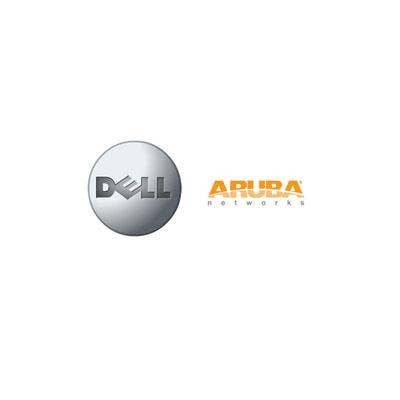
Another win-win: Aruba, a wireless force with plenty of competition new and old, gets to push its products out through Dell's direct and indirect sales forces, and Dell gets another OEM partner that, along with its existing relationships with Brocade and Juniper and their products, gives it an end-to-end networking portfolio. It's hard to see how it doesn't help both vendors, although Dell's track record with OEM agreements hasn't always been stellar.

IBM's ties to various networking vendors get more and more interesting. It has a well-established relationship with Juniper, for example, that gets Juniper gear into a multitude of enterprise accounts and, along with IBM's other relationships, helps keep IBM's networking cellar well stocked. The curious one to a number of channel partners, however, is IBM's partnership with ShoreTel, which gets right at a hot area, SMB and midmarket unified communications, with a product and services bundle offered through the channel via distributor ScanSource. Rest assured the success of the bundle, which includes elements of ShoreTel UC and IBM Lotus Foundations software, will be closely monitored by the major UC players.

Meru's motto is "wireless like wired," and the company recently completed a successful IPO, But it has plenty of competition in the super-crowded wireless space from old hands and new upstarts alike. Along with Meru's most recent product releases, which include a spectrum manager and various security features, it's also entered into a reseller agreement with SolarWinds for that company's Orion Network Performance Manager -- something to watch as no-guesswork network monitoring and business analytics become necessary sales tools for solution providers.

Cisco and EMC are good buddies in the data center and converged infrastructure realms, as the two tech titans' joint venture, Acadia, and coalition with VMware, VCE, attests. But both companies have also made moves in 2010 that could be viewed as an attempt to keep the other honest: Cisco in January unveiled a strategic storage relationship with EMC rival NetApp, and EMC in May said it would partner with Cisco enemy Brocade for IP networking needs. What's that saying about keeping one's friends close...?
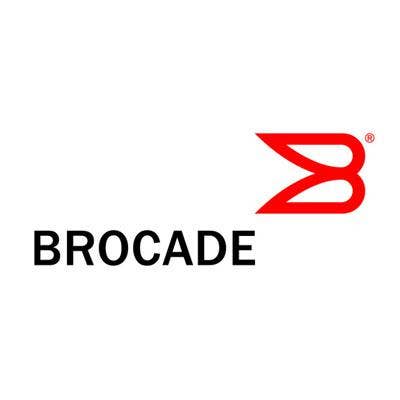
McAfee is a company that believes in strategic alliances -- it must, seeing how many it's made in the past year. One of the most interesting to the channel, however, is its recently expanded ties with Brocade: a move that will help both McAfee and Brocade grow their channel business, recruit from each other's channel ecosystem and go after key customer accounts together. This one strikes us as more than the usual "we like each other" and "our products can talk to each other" type of strategic vendor relationship: channel partners from both McAfee and Brocade say it's definitely a priority for both vendors, especially as network security needs blend with converged data center ones.

WAN optimization force Riverbed has been a busy bee on the alliances front, too, forging partnerships with both McAfee -- for a version of the Riverbed Steelhead appliance that includes a virtual version of McAfee's Firewall Enterprise software -- and Microsoft, with whom it has an OEM agreement to bring Windows Server 2008 integration to Steelhead, and under whose Server Virtualization Validation program it became the first WAN optimization vendor to be validated. Couple the alliances with two very visible channel-centric companies with Riverbed's expanded push into two-tier distribution and a better, more partner-focused channel program, and you have a company with definite ambitions.

The Unified Communications Interoperability Forum (UCIF) launched in May: a non-profit organization featuring some of the most visible IT networking companies in the world, to examine the use of open standards for providing interoperability among various UC platforms. HP, Juniper, Microsoft, Logitech/LifeSize and Polycom are among founding members, and Acme Packet, Audiocodes, Broadcom, Brocade, ClearOne, Jabra, Plantronics, Radvision, Siemens and Teliris are contributing members, with more member companies being added. Who knows what'll come of it exactly -- the goal, according to the founders, isn't to be a standards-making body but an influential collective along the lines of the Wi-Fi Alliance -- but it has some pretty heavy hitters involved, addressing a hot market, and not including (as yet) Cisco or Avaya, both of which have plenty of friends, enemies and frenemies on the list of participating companies.